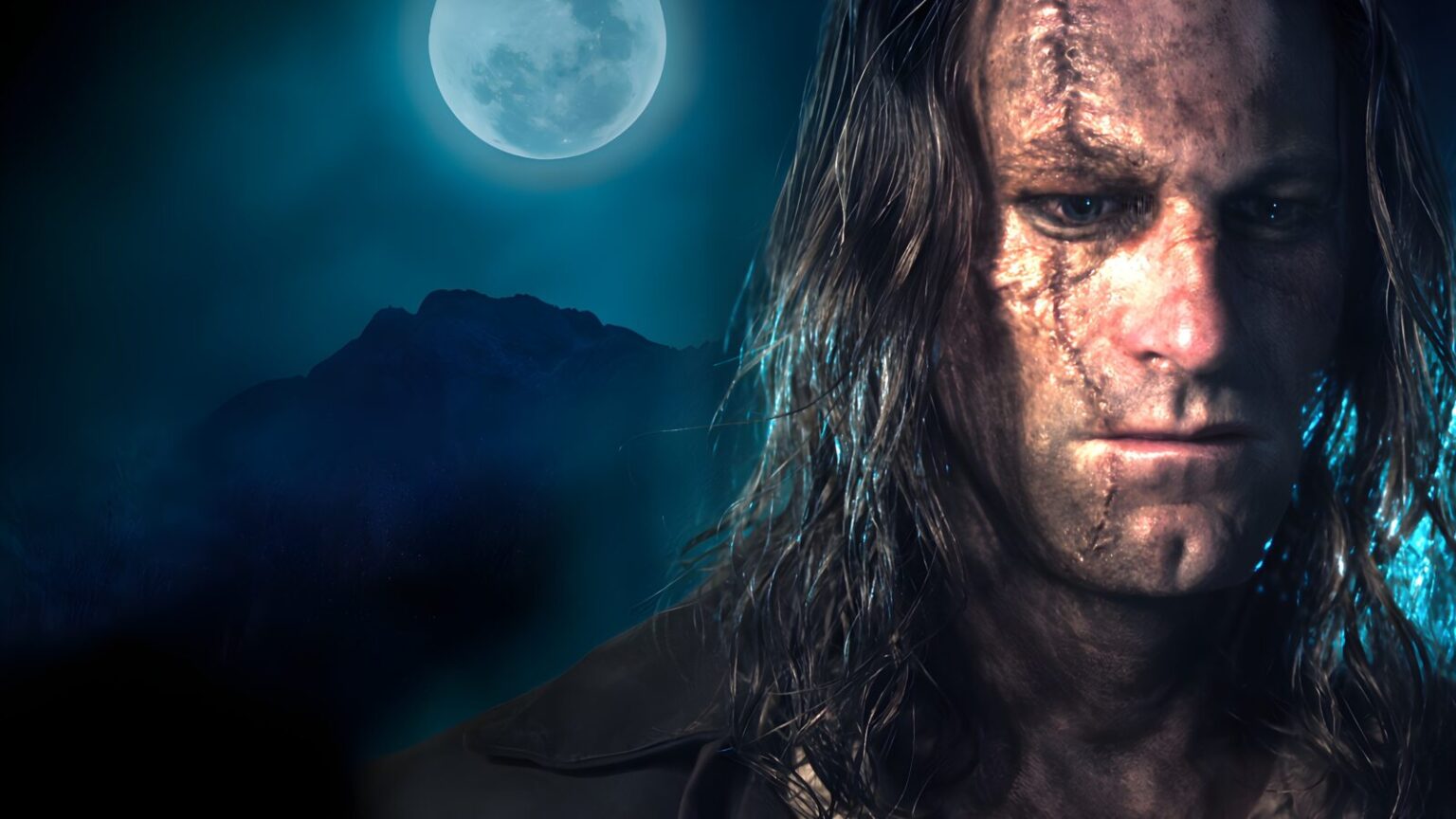TL;DR: Frankenstein (2025) is del Toro at his most poetic and personal — a breathtakingly crafted, emotionally resonant masterpiece that transforms a two-century-old tale into a story about love, loss, and the cost of creation. Oscar Isaac and Jacob Elordi deliver career-best performances in a film that’s as beautiful as it is brutal. Stream it, worship it, dream about it.
Netflix’s Frankenstein
I’ll be honest — when I first heard that Guillermo del Toro was finally making Frankenstein, my inner goth teen and my grown-up film nerd high-fived so hard it left a bruise. This is the cinematic white whale del Toro’s been chasing for decades, the project he’s whispered about in interviews, teased at conventions, and all but etched into his creative DNA. And now that it’s here, streaming on Netflix in 4K HDR glory, I can confirm: the wait was worth every tortured heartbeat. Frankenstein (2025) isn’t just a film; it’s a resurrection — of Mary Shelley’s soul, of gothic horror, and maybe even of del Toro himself.
Del Toro’s Frankenstein isn’t a retelling; it’s a resurrection, an act of cinematic necromancy. The bones of Shelley’s 1818 novel are all there — the mad scientist, the hubris, the creature’s existential yearning — but del Toro reanimates them with new flesh, new sorrow, and new tenderness.
Oscar Isaac’s Victor Frankenstein isn’t a thunder-screaming maniac hunched over Tesla coils; he’s a haunted romantic. You can see it in Isaac’s eyes — those eyes that can shift from godlike arrogance to crushing guilt in a single breath. This Victor isn’t chasing science; he’s chasing salvation. And when his experiment stands up for the first time — his patchwork child gasping in candlelight — you can feel del Toro himself watching through the lens, whispering, “Finally.”
And then there’s the Creature. Jacob Elordi’s take on the Monster is astonishing — a soulful, tragic wanderer who feels less like a monster and more like a misfit poet stitched from corpses. He’s all awkward strength and aching humanity, moving with the hesitant grace of someone who’s never been loved but desperately wants to be. When he feeds a deer in a quiet glade — a moment so gentle it hurts — del Toro gives us a reminder: monsters are made, not born.
Del Toro makes some bold, almost heretical, changes to the source material — and every single one works. Elizabeth, played with ethereal restraint by Mia Goth (a casting choice so perfect it feels divinely ordained), isn’t Victor’s fiancée here. She’s his sister-in-law — which adds layers of unspoken guilt and repressed desire to their relationship. It’s Gothic with a capital G.
And yet, in a breathtaking twist, Elizabeth’s heart turns not toward Victor but toward the Monster. Their quiet scenes together are haunting — two souls on opposite sides of creation, each seeking connection the world has denied them. In lesser hands, this might have felt like fanfiction territory, but del Toro threads it with melancholy, not melodrama. He’s not rewriting Shelley; he’s conversing with her.
The film lives or dies on its two leads, and both Isaac and Elordi bring performances that deserve to be studied in acting classes for decades. Isaac plays Victor with the slow-burn descent of a man watching his reflection distort. He begins with the confidence of a god and ends like Job — stripped bare before the storm he conjured.
Elordi, meanwhile, is a revelation. The Monster’s evolution from childlike wonder to fiery vengeance to weary compassion is a masterclass in controlled emotion. In one sequence, he watches a family through a frost-glazed window — yearning, trembling — and you realize: he’s not angry. He’s lonely.
When the final confrontation arrives — Victor’s gun trembling in his hand, the Monster begging to be seen — del Toro turns what could have been a monster movie climax into something biblical. Sin, creation, forgiveness — all rendered in chiaroscuro lighting that Caravaggio himself would’ve envied.
Every frame of Frankenstein (2025) looks like it was painted with candle soot and angel tears. This is peak del Toro — ornate, obsessive, and hypnotically tactile. Cinematographer Dan Laustsen (a longtime del Toro collaborator) captures candlelit interiors like religious icons, every shadow pulsing with secrets. The production design is so lush you can practically smell the mildew on Victor’s lab coat.
And that dream sequence? The one where Victor’s guardian angel descends, wings trembling in stop-motion reverence? It’s pure del Toro — macabre and miraculous in equal measure. You could freeze any frame and hang it in the Louvre’s “Sad Gothic Boys” section.
The score, too, deserves its own paragraph. Alexandre Desplat’s compositions float somewhere between a requiem and a lullaby, wrapping the film in tragic grandeur. When the final notes swell over a burning ice field (you’ll know it when you see it), I felt the same emotional whiplash I got from Pan’s Labyrinth’s ending — tears, awe, and a sense of having seen something eternal.
Del Toro’s Frankenstein is about creation and responsibility, yes — but more deeply, it’s about recognition. About seeing the parts of ourselves we’d rather bury. Victor and the Monster aren’t adversaries; they’re mirrors. Both want to be loved, both are terrified of their own reflection, and both are prisoners of what they’ve made.
This is a film obsessed with empathy — the same through-line that runs from The Shape of Water to Crimson Peak. Del Toro’s monsters always ache for something human, and his humans always flirt with monstrosity. It’s what makes his horror so transcendent: he sees the divine in the deformed.
If I have one complaint, it’s that I didn’t want it to end. The two-hour-twenty runtime feels both generous and cruel. There are so many worlds inside this world — the Arctic chase, the rural interludes, the Monster’s lonely wanderings — that I wanted more time to breathe in the details. But maybe that’s the point. Like Victor himself, I’m greedy for more life.
Final Verdict
Frankenstein (2025) is a cinematic séance — del Toro channeling Mary Shelley through candlelight and celluloid, giving us a story that’s not just retold, but reborn. It’s visually stunning, emotionally devastating, and philosophically rich. This is gothic horror elevated to high art — a monster movie that dares to ask what makes us human.
Guillermo del Toro didn’t just adapt Frankenstein. He fulfilled a lifelong covenant with it. And the result is nothing short of divine.







